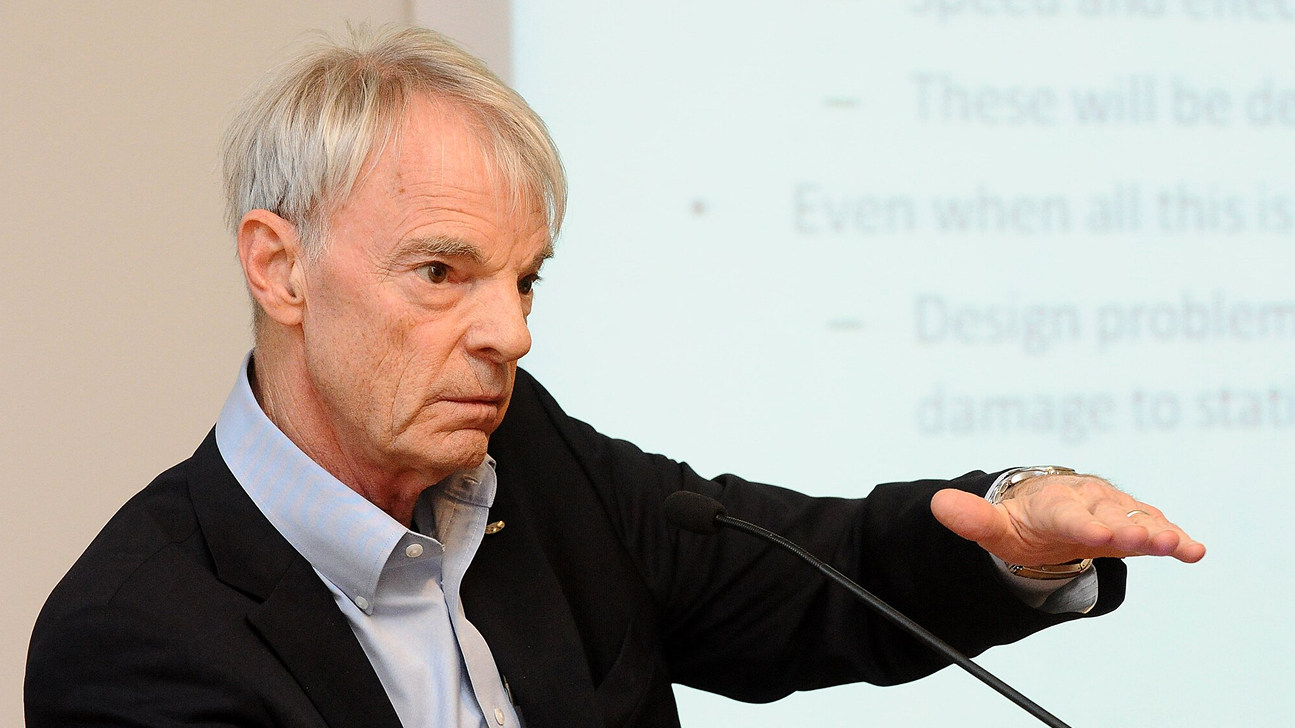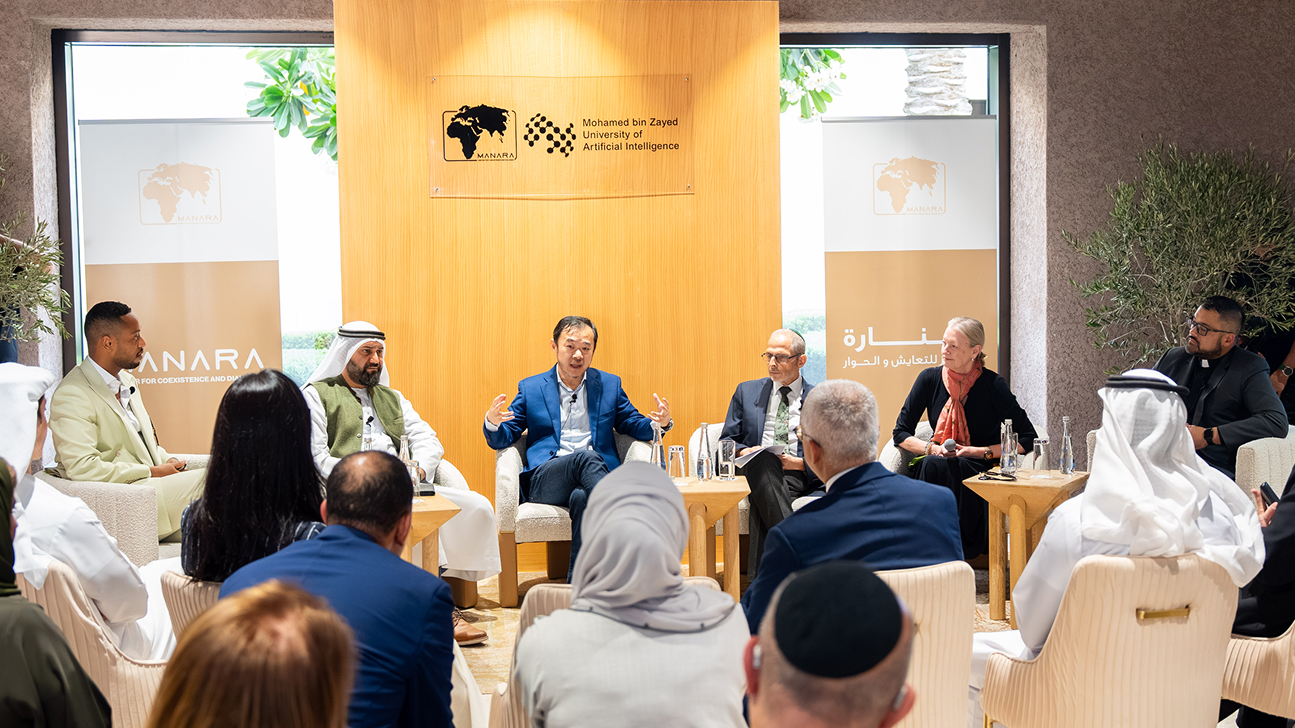Integrating Virtual Reality and Robotics: Enhancing Human and Robot Experiences in Assistive Technologies
Thursday, August 22, 2024
In the dynamic field of human-robot interaction (HRI), the necessity to dynamically tailor assistive functionalities to individual users’ personalities and states complicates the acquisition and learning from relevant data, which has historically hindered effective adaptation. I have tackled this critical issue by exploring three key topics: 1) symbol emergence through multimodal interaction observation, 2) interactive behavior generation by symbol manipulation, and 3) the use of virtual reality (VR) for collecting and learning HRI data. In the first part of the talk, I will introduce AI and robotic technologies that facilitate human assistance aligned with these topics.
Next, the talk focuses on the concept of enhancing human capabilities over the long term, not merely assisting with immediate needs. By expanding human experiences, I aim to develop a co-evolutionary framework where robots not only enhance human abilities but also evolve their own experiences through interactions. The implementation of a VR digital twin serves as a pivotal element in this framework, enabling the integration of physical, cognitive, and psychological support in assistive technologies.
Lastly, the talk will address the concept of ‘assistance without over-reliance,’ discussing future relations between AI, robots, and humans from a perspective that avoids excessive dependency on technology. This approach proposes a balance where assistance is rendered in ways that foster independence and growth rather than creating dependency, paving the way for a new paradigm in the interaction between humans and robots.
Post Talk Link: Click Here
Passcode: sW?12=M1
Speaker/s
Tetsunari Inamura received his B.E., M.E., and Ph.D. degrees from the University of Tokyo, Japan, in 1995, 1997, and 2000, respectively. From 2000 to 2003, Dr. Inamura was a researcher in the CREST Program at the Japanese Science and Technology Cooperation, where he focused on advanced robotics technologies. He then joined the Department of Mechano-Informatics, School of Information Science and Technology at the University of Tokyo, serving as a Lecturer from 2003 to 2006. He was an Associate Professor with the Principles of Informatics Research Division at the National Institute of Informatics, and concurrently held a position as an Associate Professor at the Department of Informatics, School of Multidisciplinary Sciences, The Graduate University for Advanced Studies, SOKENDAI, Japan, from 2006 to 2023. Currently, he is a Professor at the Advanced Intelligence & Robotics Research Center, Brain Science Institute, Tamagawa University, Japan. In 2010, he developed SIGVerse, an open platform for simulating human-robot interaction (HRI) research, which he released globally and has since seen over 5000 uses. Since 2013, he has been instrumental in developing systems for simulating HRI scenarios within the RoboCup@Home competition and has organized the RoboCup@Home simulation for over a decade. He currently serves as the Chair of the RoboCup Japanese Committee @Home League. He is also a co-chair of the IEEE RAS Technical Committee on Cognitive Robotics and serves on the steering committee of the IEEE Transactions on Cognitive and Developmental Systems. He has previously served as an editor and adviser for journals such as Robotics and Autonomous Systems, Advanced Robotics, and Frontiers in Neurorobotics. His research interests include learning from human demonstration, symbol emergence in social robots, quality evaluation of human-robot interaction, virtual reality applications in human-robot interaction, and affective computing for assistive robots.
Related
Nobel Laureate Michael Spence on how AI is redefining the global economy
Nobel Prize-winning economist Michael Spence explains how AI is reshaping the economic landscape and what is needed.....
- digital policy ,
- governance ,
- Nobel Prize ,
- guest talk ,
- guest lecture ,
- economics ,
- Economy ,
- Undergraduate ,
Understanding faith in the age of AI
MBZUAI hosted a panel discussion in collaboration with the Manara Center for Coexistence and Dialogue focused on.....
- connection ,
- discussion ,
- religion ,
- spirituality ,
- faith ,
- conversation ,
- panel ,
- Human–computer interaction ,

